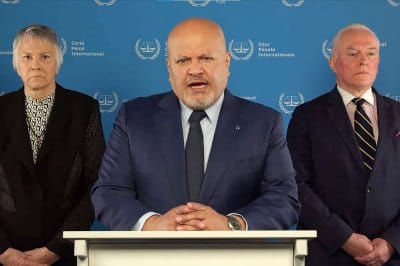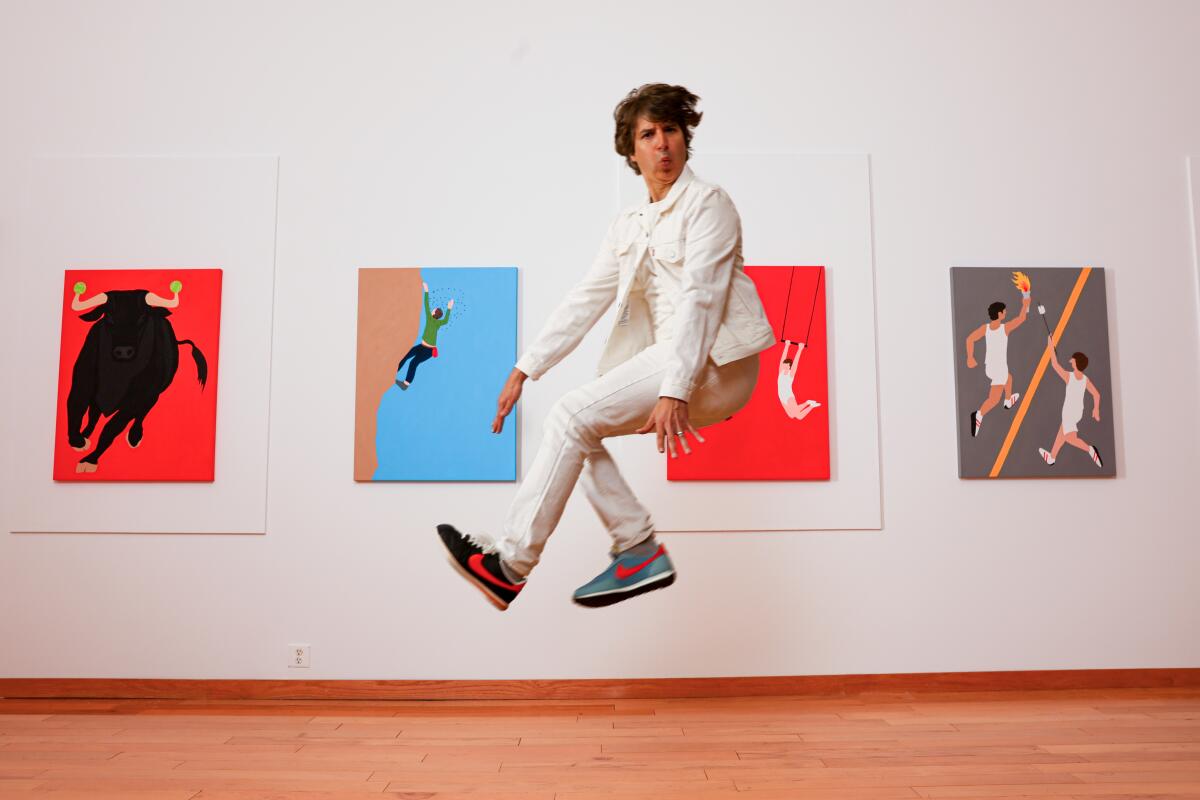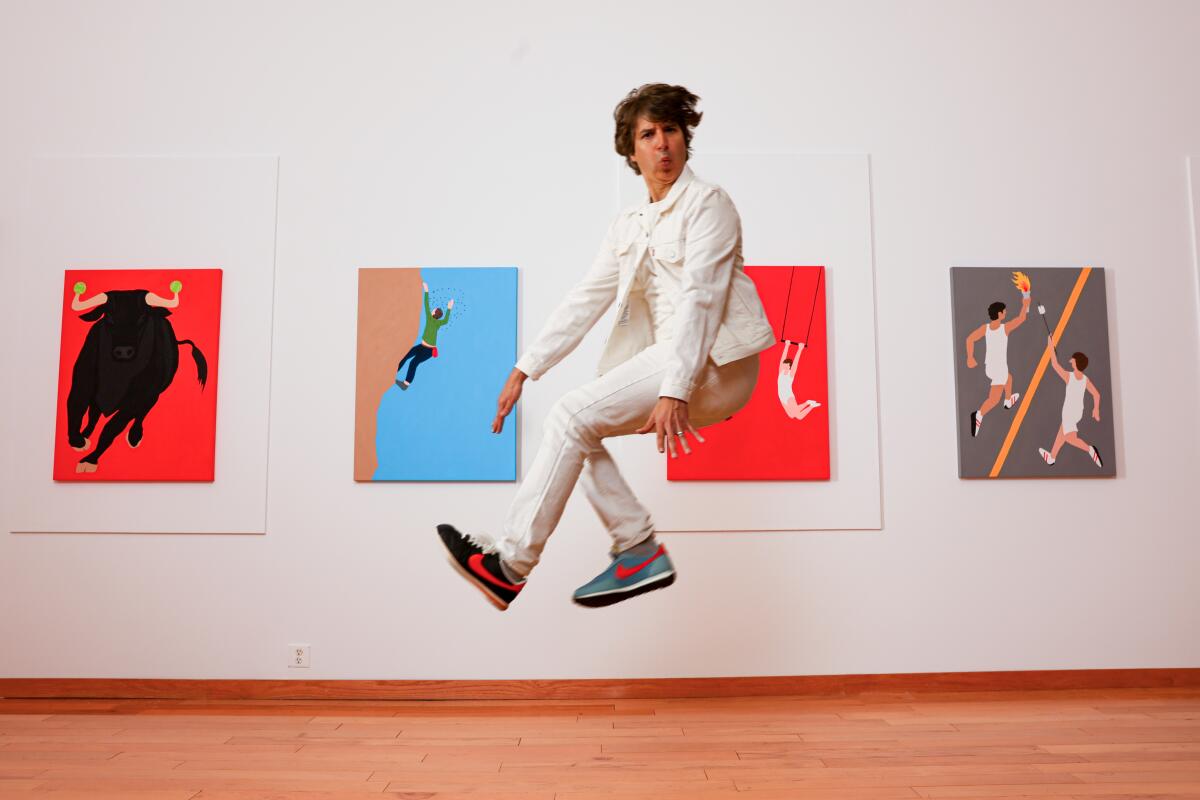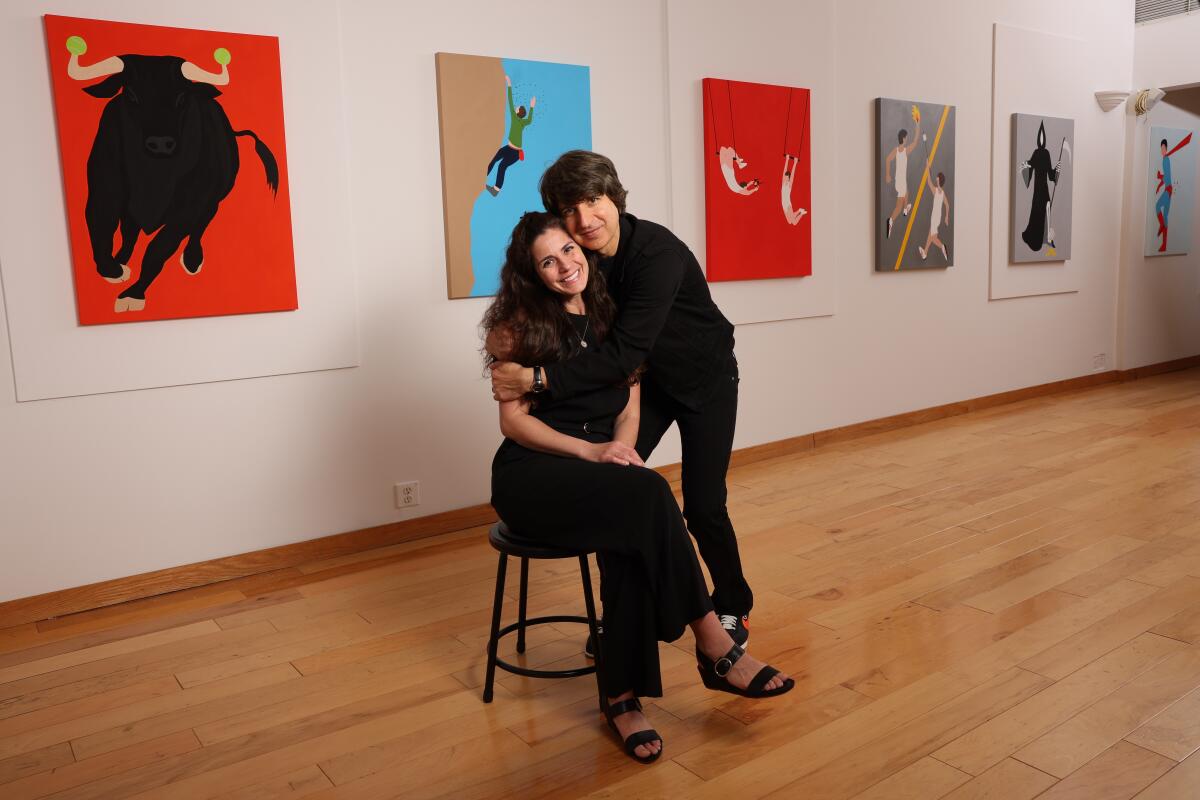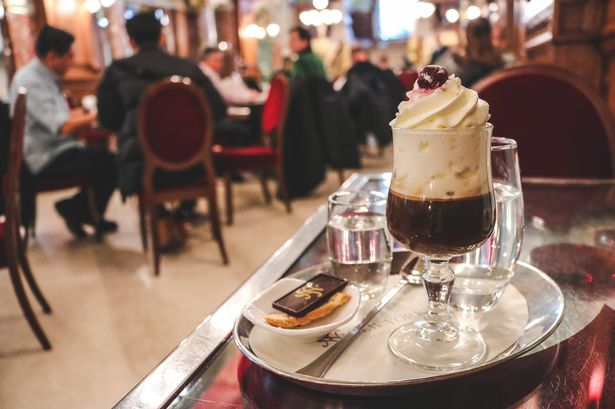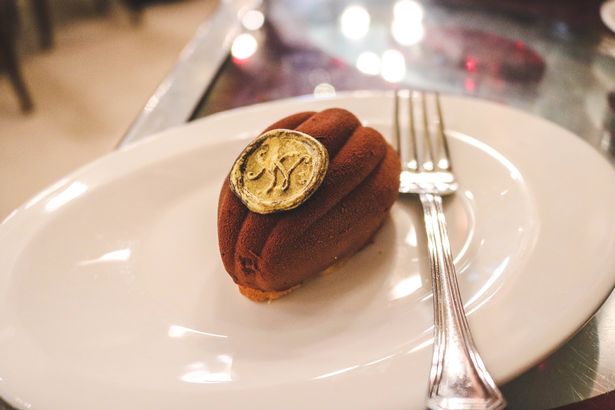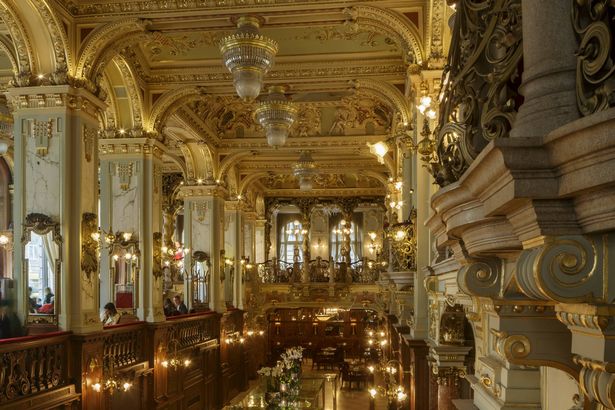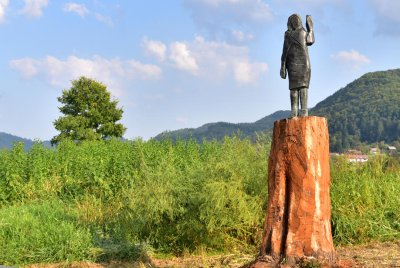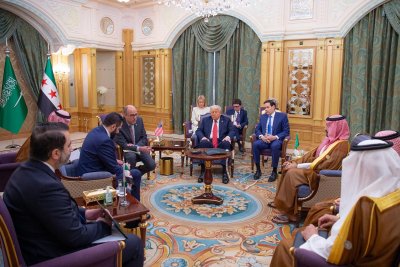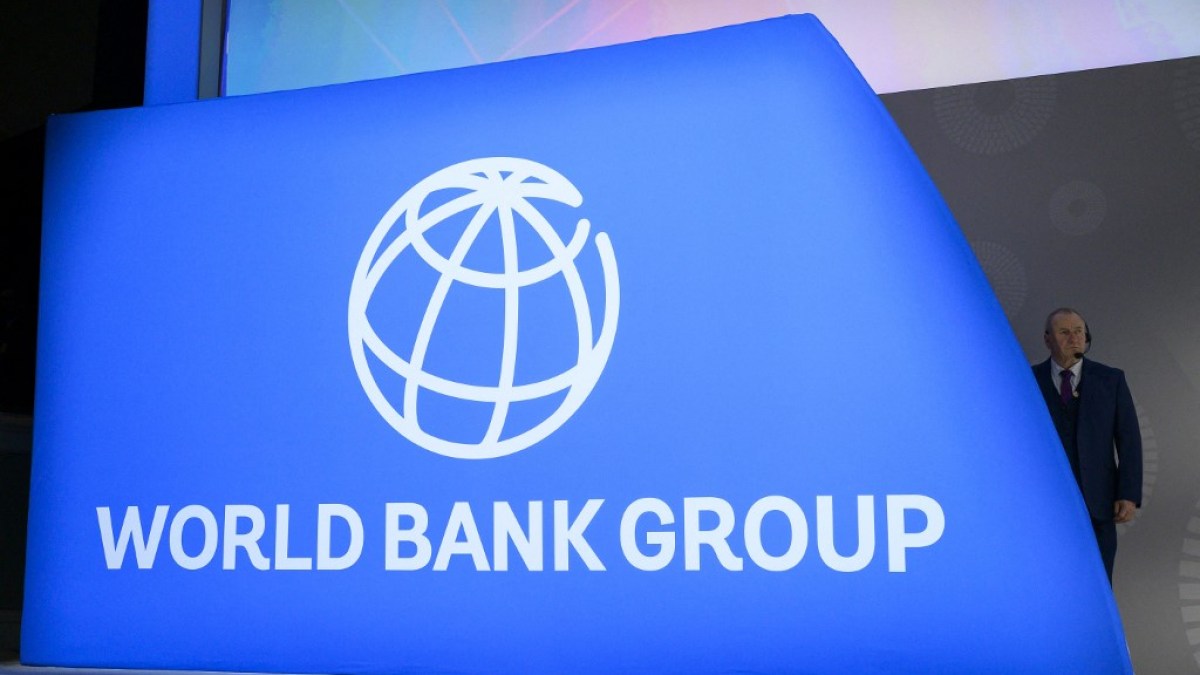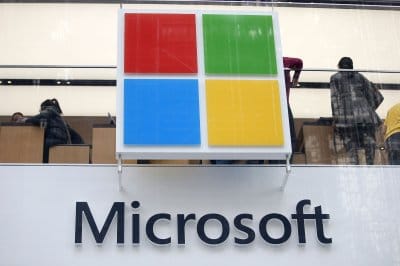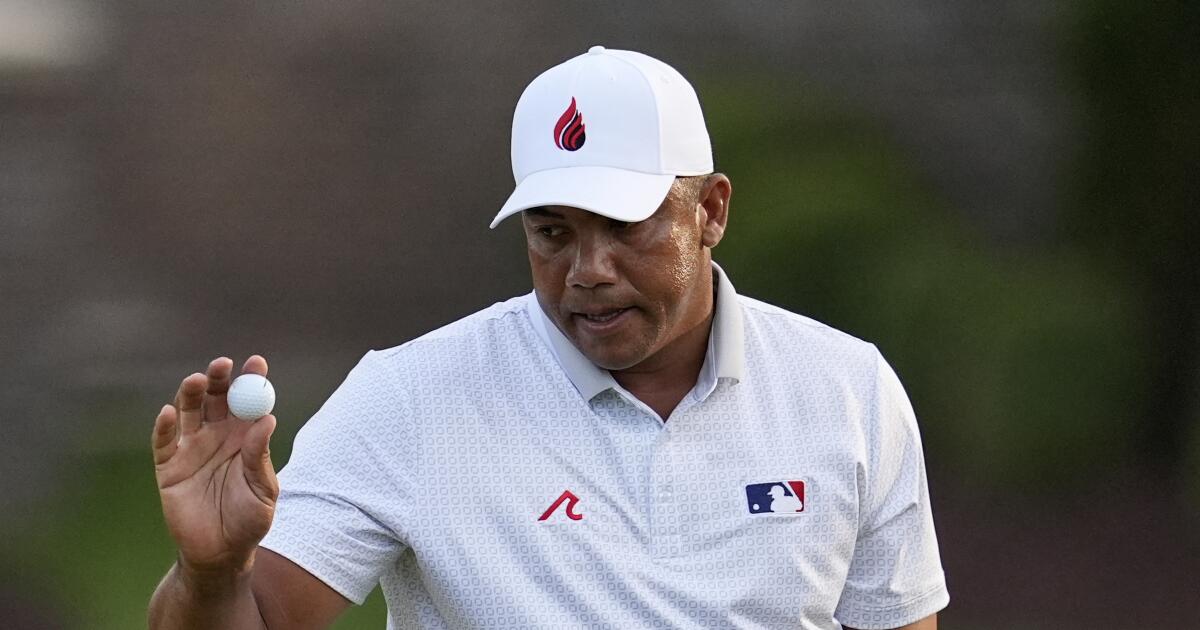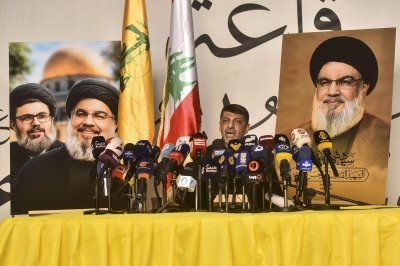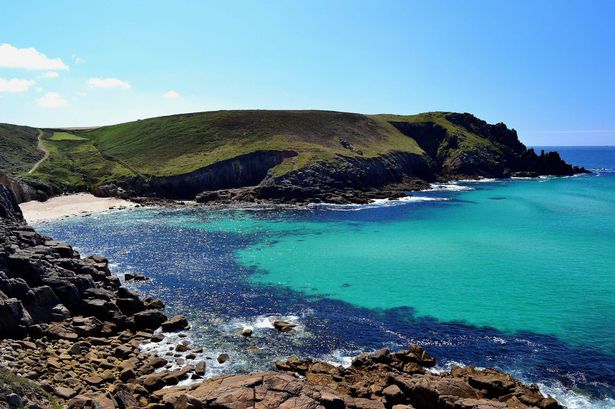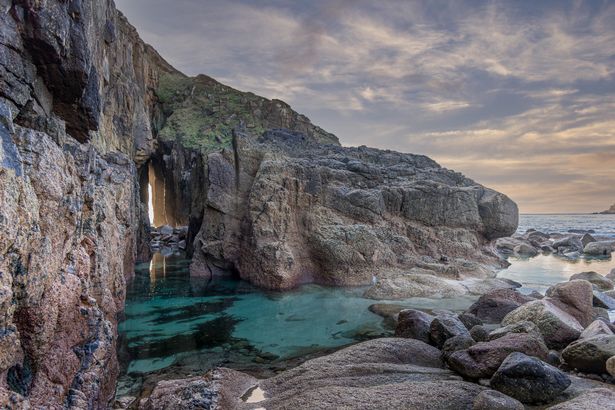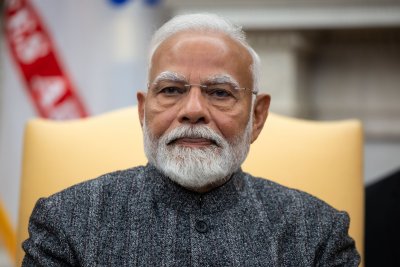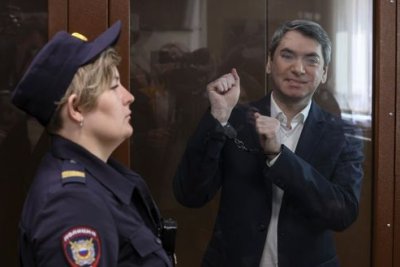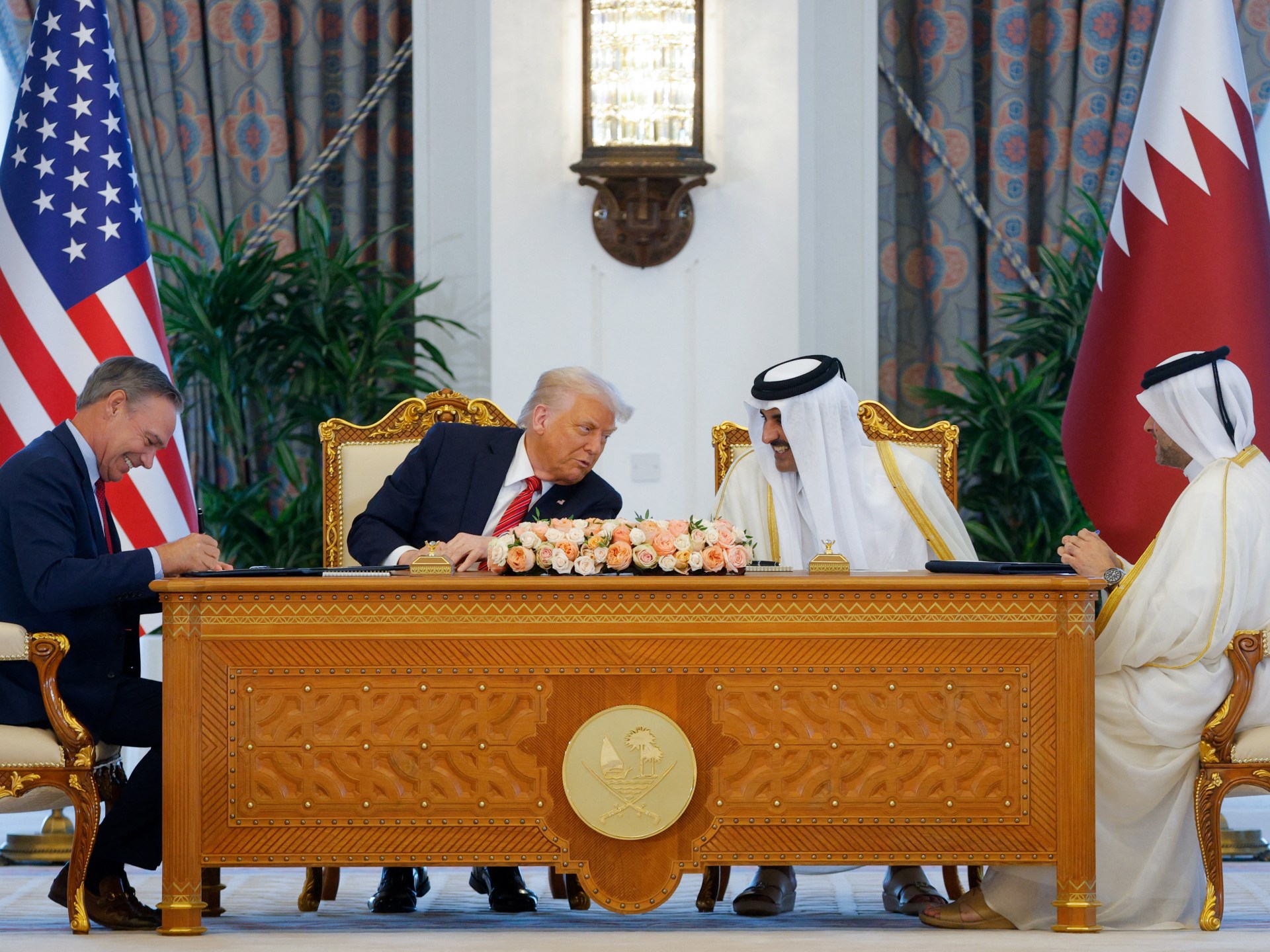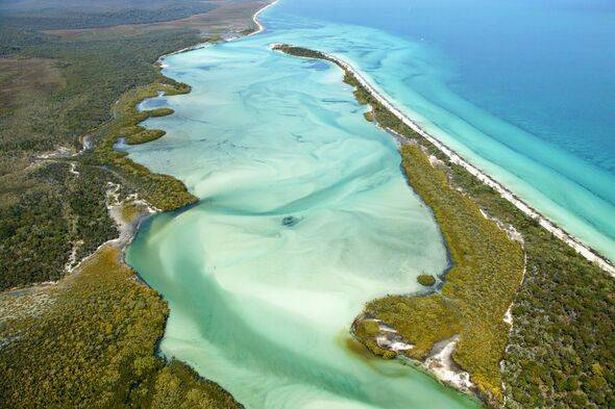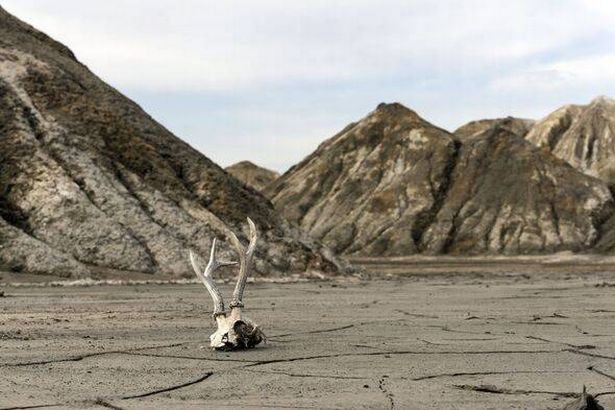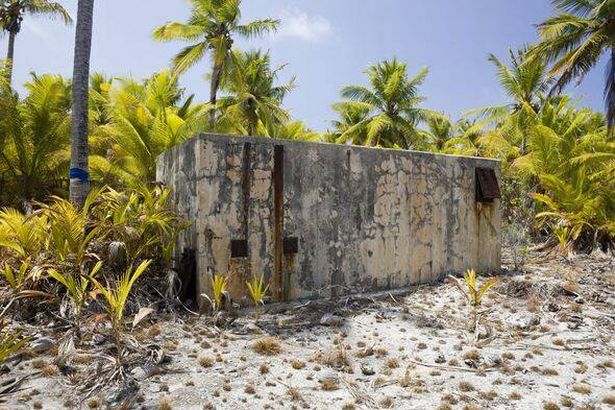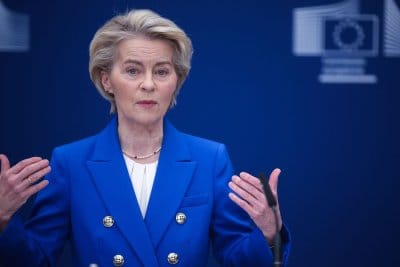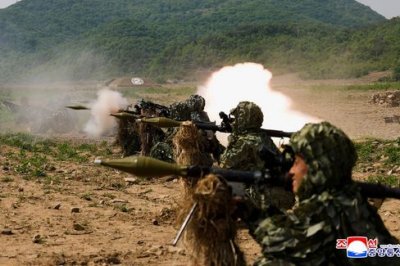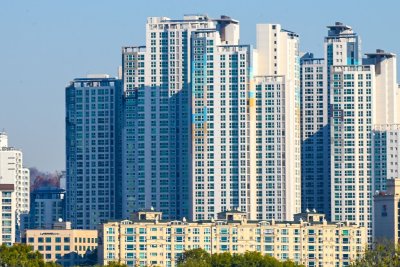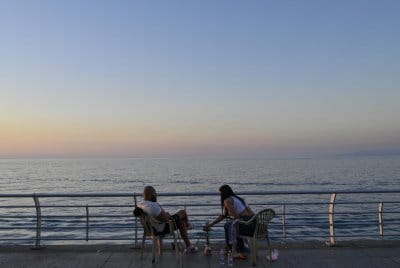The New York Café in Budapest is one of the most beautiful cafes in the world, with marble columns, frescoes and crystal chandeliers making it the perfect place to take a selfie
Envision a café where the décor takes centre stage, outshining the coffee itself. A grand establishment that magnetises swarms of Instagram enthusiasts trying to capture the perfect shot for their feeds. Welcome to the New York Café in Budapest, where the entrance proudly proclaims it to be “the most beautiful café in the world.”
It’s a claim that’s hard to dispute. This 125-year-old café, with its majestic marble columns, breath-taking frescoes, and dazzling crystal chandeliers, entices thousands of visitors and TikTok enthusiasts to marvel at its splendour.
As you step inside, you’re transported to a scene reminiscent of a grand European palace, complete with intricate frescoes, glittering chandeliers, and stately marble columns. It’s like entering a time capsule from the opulent Belle Époque era (a period aptly named the “Beautiful Age” in French).
READ MORE: Beautiful little UK town bursting with charm completely ignored by tourists
The New York Café is a hotspot for tourists, welcoming approximately 2,000 customers daily, with queues stretching down the boulevard.
Situated on Erzsébet körút Street, the shop was initially constructed in 1894 under the guidance of Hungarian architect Alajos Hauszmann. It began as the Hungarian headquarters for the New York Life Insurance Company, whose owners envisioned a coffee house within the building.
The café’s interior was meticulously crafted by Flóris Korb and Kálmán Giergl, who infused it with an Italian Renaissance flair. The ceilings feature intricate frescoes by artists Gusztav Mannheimer and Ferenc Eisenhut.
Hungarian coffee culture
The New York Café menu offers a blend of Hungarian and international dishes, decadent cakes, and freshly brewed coffee. Afternoon tea for two is priced around €72.50, which equivales to £61.10, and main courses range from €23 to €36, which equivalates to £19 and £30.
It’s one of the prime spots to sample Hungarian cakes, including Dobos Torte, a Hungarian classic featuring layers of sponge cake and chocolate buttercream topped with caramel; Sacher Torte, a rich chocolate cake with a layer of apricot jam; and Opera Cake, which boasts layers of almond sponge, coffee buttercream, and chocolate ganache.
The food and drink are served with an artistic flair, though reviews vary, and its steep prices often draw criticism from Trip Advisor reviewers. If you’re not averse to spending a bit more, try their 24-carat gold cappuccino, paired with Valrhona chocolate and raspberry cake, for a lavish start to your day.
Anantara New York Palace Budapest Hotel
The Cafe is actually located within the historic 5* Anantara New York Palace Budapest Hotel, a grand stay in the heart of Hungary’s capital.
Within this majestic and historic building, you’ll discover a modern hotel boasting 185 rooms, a cave spa and high-end restaurants. 19th-century grandeur and Italian Renaissance style have been seamlessly combined with contemporary features to create a luxurious city stay.
Rooms vary in price and size, ranging from classic and superior to suites, and are elegantly adorned with plush Italian furnishings and sleek mod-cons.
Their gourmet buffet breakfast offering is particularly noteworthy. It includes a generous spread of locally sourced produce, featuring pastries, pancakes, cold cuts, cheese, and eggs cooked to order. Just keep an eye out for the selfie-takers!
